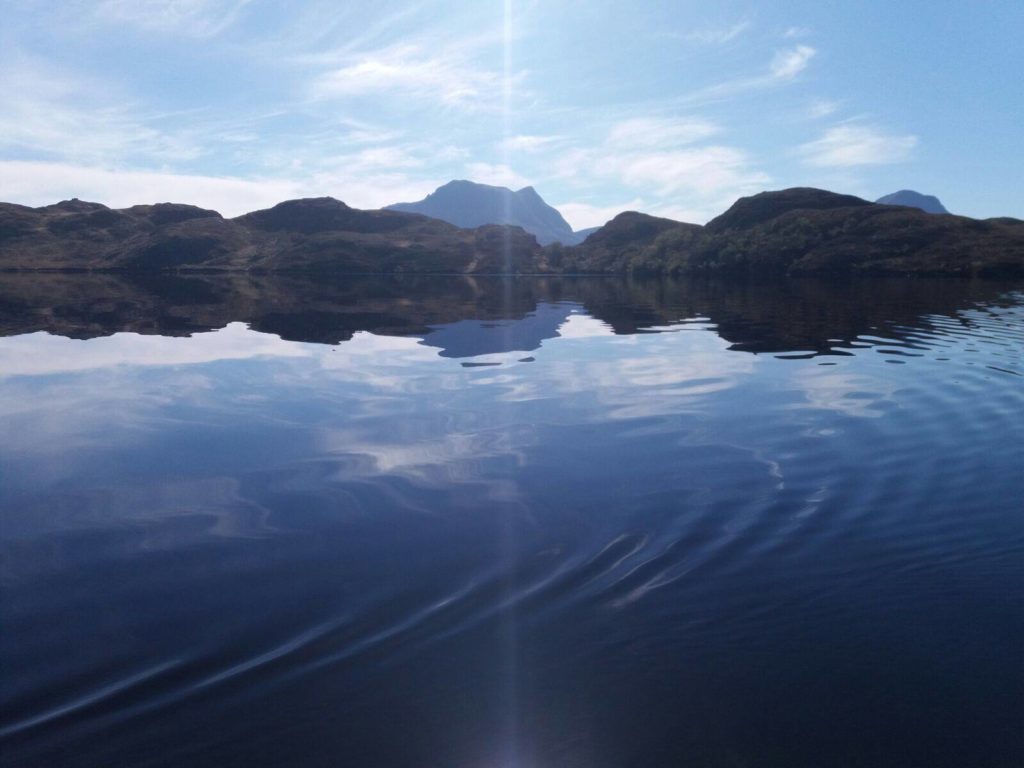Lofty Tips: Water
Water is the key to survival, every living thing on earth is dependant on it. We can go thirty days without food but only three days without water before serious problems occur. Even resting in a temperate environment, just normal body functions like breathing, sweating and urinating will help you loose up to two pints of water every twenty four hours. This must be replaced otherwise we get in a deficit situation where losing water quicker than we can drink it, leads to dehydration. If working hard or exposed to high temperatures much more water is lost. Also any illness which causes high temperatures, or vomiting, will further increase this loss. Injuries such as bleeding or burns also cause fluid loss. Dislocations and sprains can produce swellings which draws fluids from vital organs, causing an imbalance which must be compensated for.
Even in the cold areas of the world especially at altitude, we lose substantial amounts of fluid which must be replaced as we lose it. The body responds to small variations of temperature and as it rises deposits sweat on the surface of the skin. As this evaporates, body heat is lost and the temperature reduced. This is a continuous process and the amount of water lost is in proportion to the amount of heat generated. The greater the exertion the higher the loss. In a water scarce situation the answer is RATION YOUR SWEAT NOT YOUR WATER.

Water must be replaced as the body can only afford to lose so much before its efficiency is reduced. The first obvious signs of dehydration are thirst and a dry mouth. If untreated this leads to headaches and dizziness. As more water is lost the skin becomes flushed and pulse rate increases. Nausea and lethargy impairs general performance. Next speech becomes indistinct and tingling in the limbs occurs. The tongue gets swollen and in the advanced stages of dehydration the skin shrivels much the same as hands do when immersed for a long time in water. Urine output is non existent and deafness and dim vision adds to the misery.
Every bodily function is dependent on body fluids. Digesting food, temperature control, breathing, and getting rid of body wastes to name a few. Keeping an eye on the colour of urine and the quantity thats passed is way of ensuring you drink sufficient fluids. Urine should be light yellow in colour, and its a sure sign that fluid intake should be increased if its dark with a strong odour and painful to pass. When we dehydrate we draw fluid that surrounds the vital organs. The brain is protected by surrounding water, when this is drawn off severe headaches occur. (Much the same as a hangover). The liver and kidneys struggle to carry out their tasks as water is denied them, resulting in great discomfort and nausea. An average adults body is 80% fluid. The body contains roughly a pint of fluid for every stone in weight. A man weighing 11 stone will have approximately 11 pints of fluid.
A 5% loss of fluid causes, thirst, irritability, and nausea.
A 10% loss results in dizziness, headache, inability to walk and tingling in the limbs
A 15% loss results in dim vision, painful urination, swollen tongue and deafness.
Any greater loss may result in death.
When water is plentiful, drink as required, however a word of caution. Dont drink very cold water when hot, as this can lead to colic. When abroad beware of ice served in some establishments. If its produced from a questionable source it will be full of harmful bacteria. Freezing does not destroy the germs, allowing them to activate as they warm up. Try to drink enough liquids to maintain a urine output of at least half a litre daily. Take frequent sips wetting the lips and holding it in the mouth before swallowing.There is a danger that when a lot of body fluids are lost, body salts (electrolytes) are also lost. There are special isotonic drinks available that replace all of these losses and if training hard should be included in your diet. They should also be part of your survival kit. When water becomes available again after a period of rationing, make up a drink by adding a small pinch of salt to a litre of water and add a generous amount of sugar. The sugar helps this fluid to be absorbed quickly into the system.
